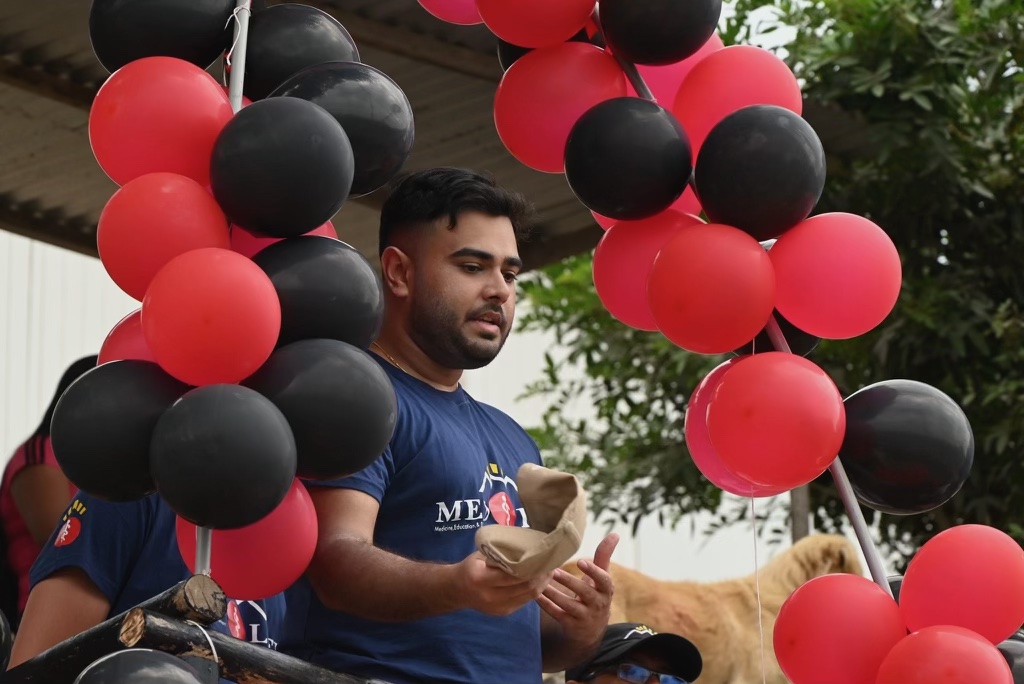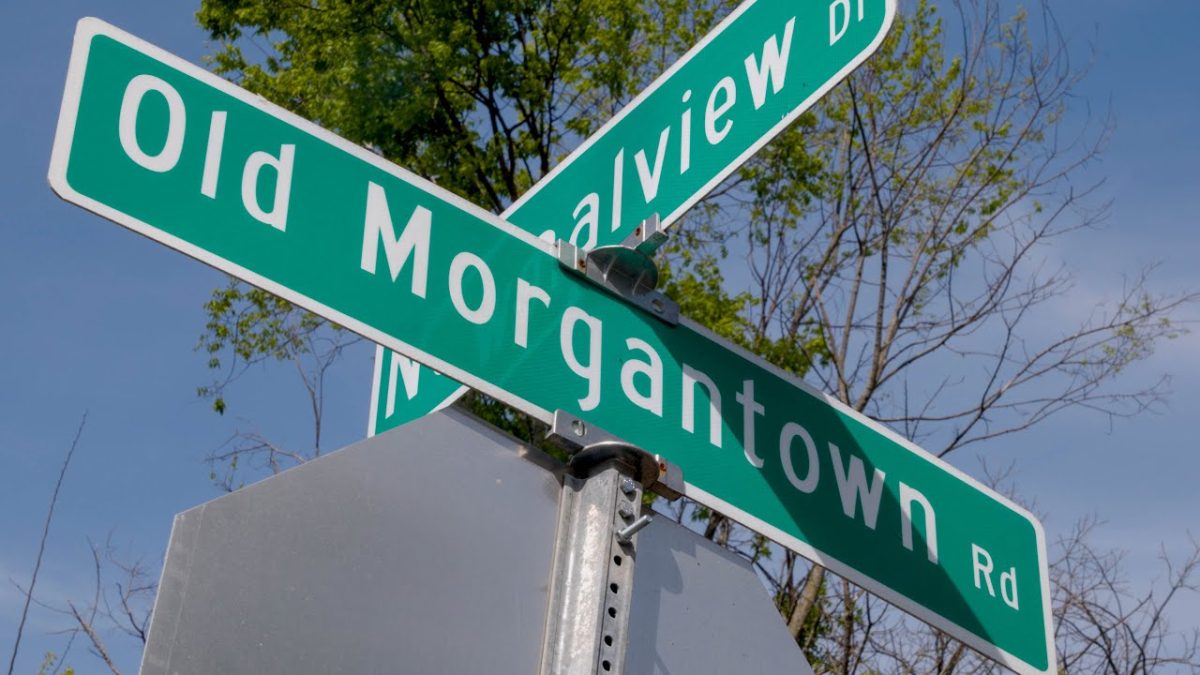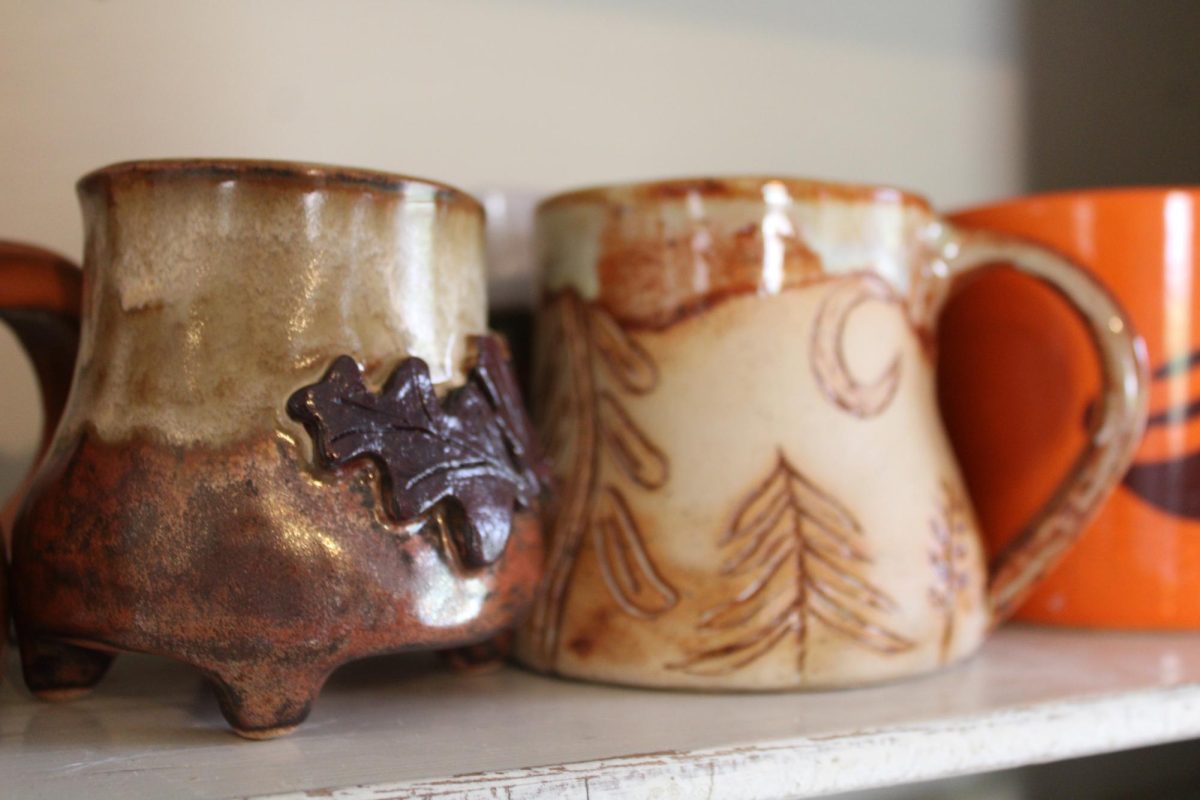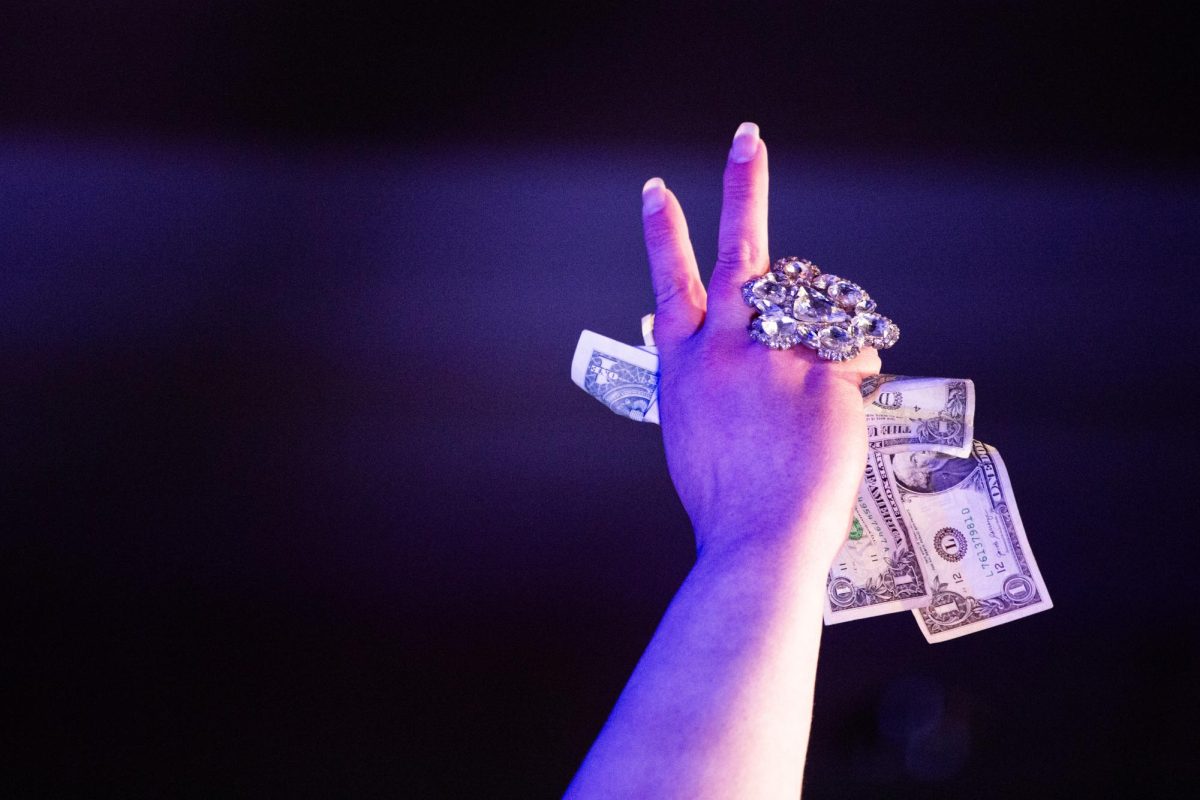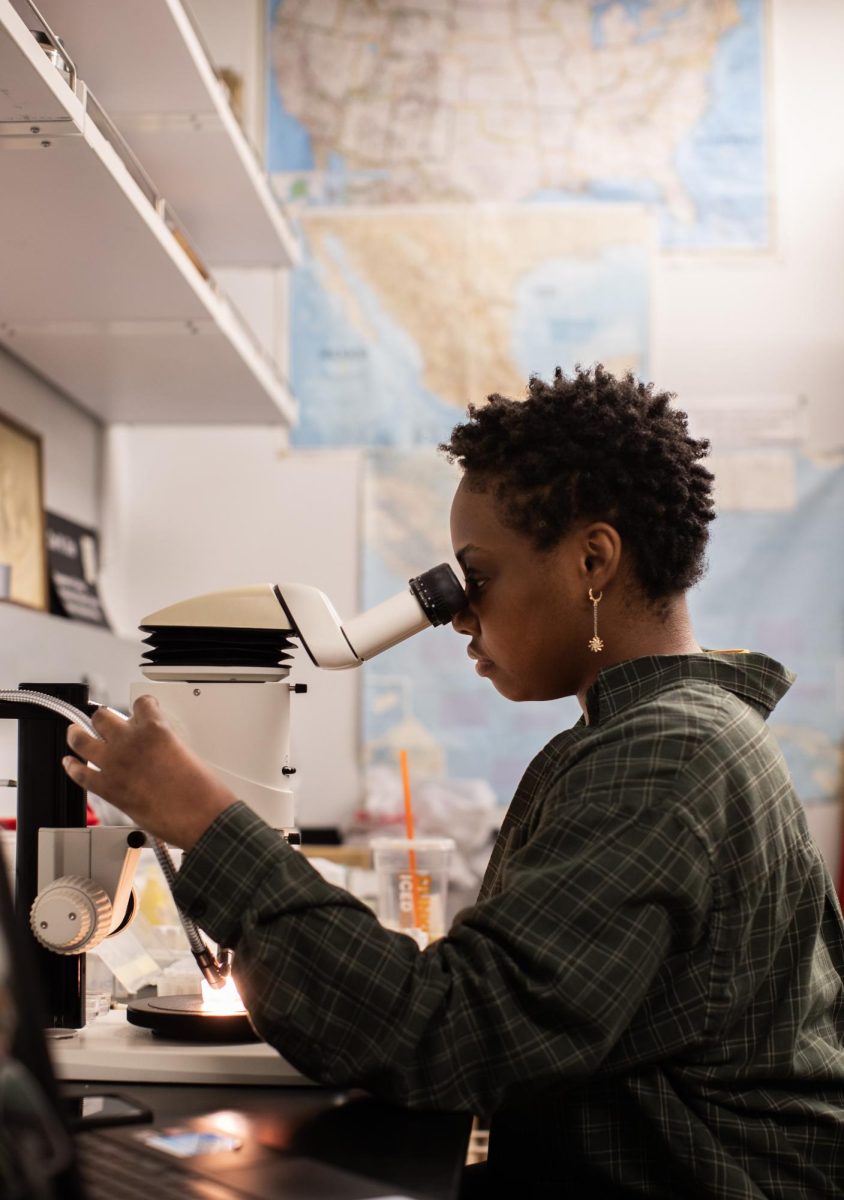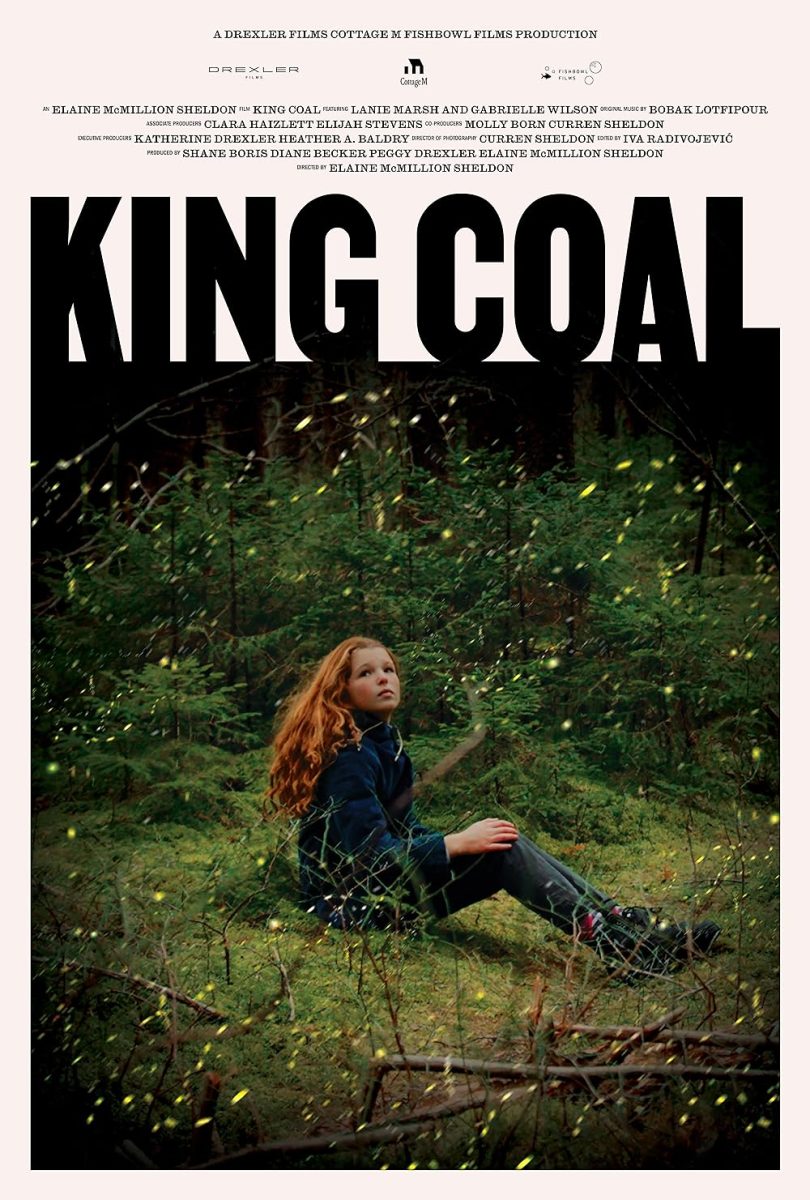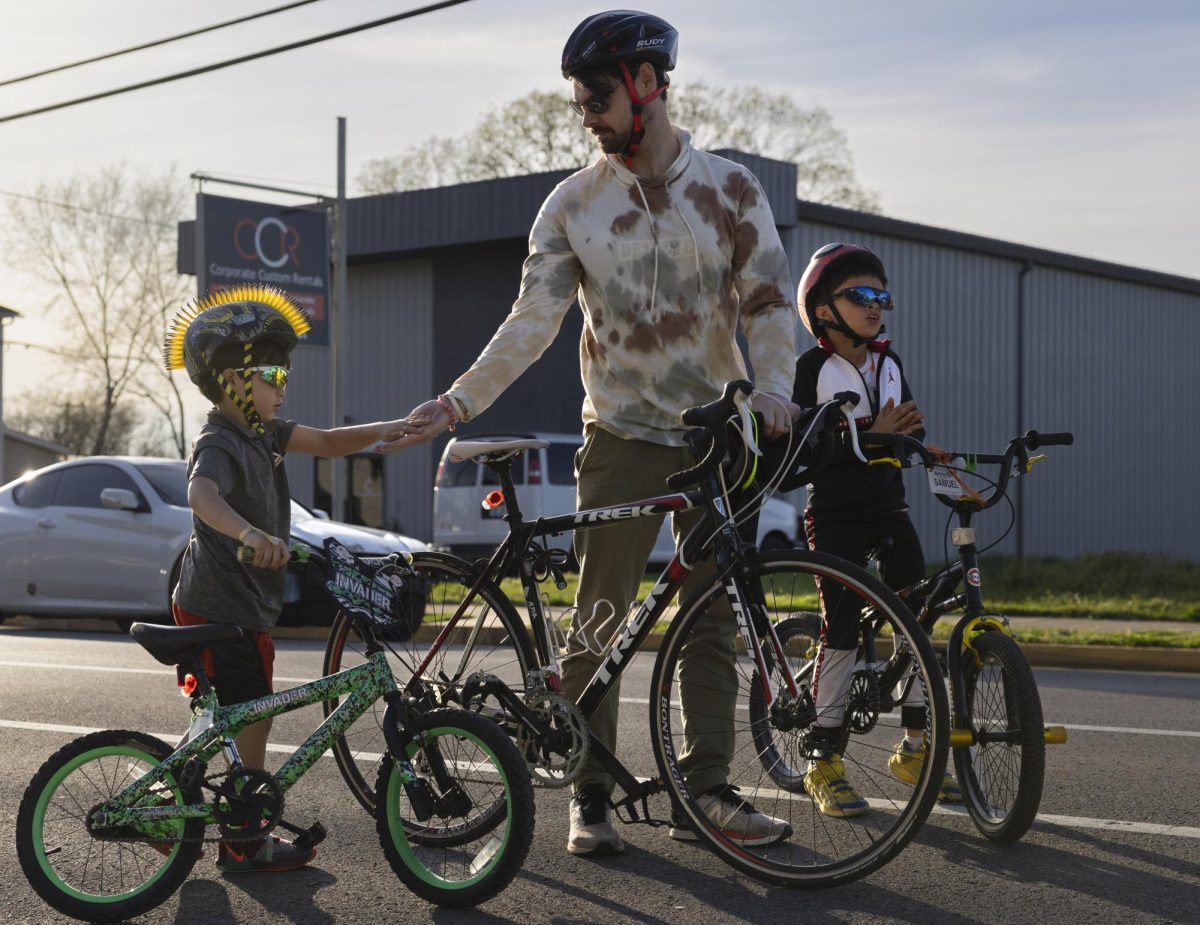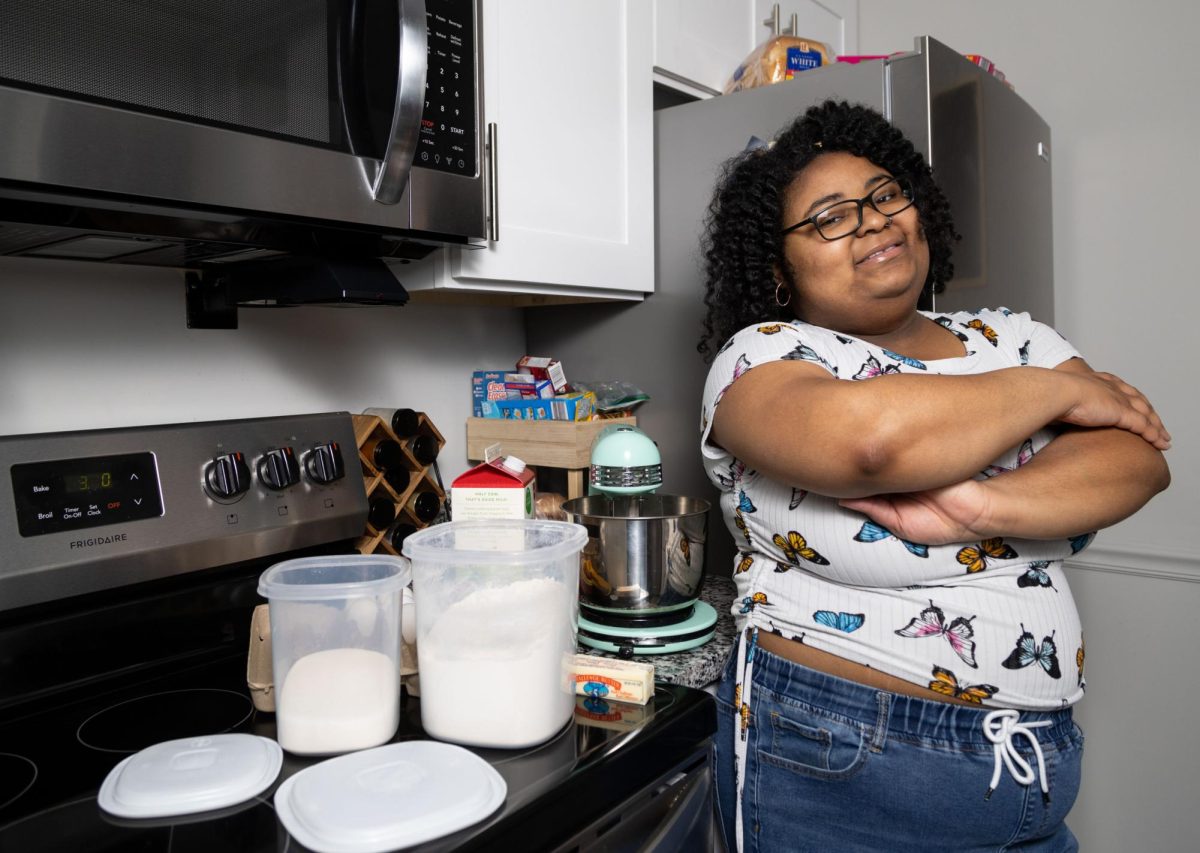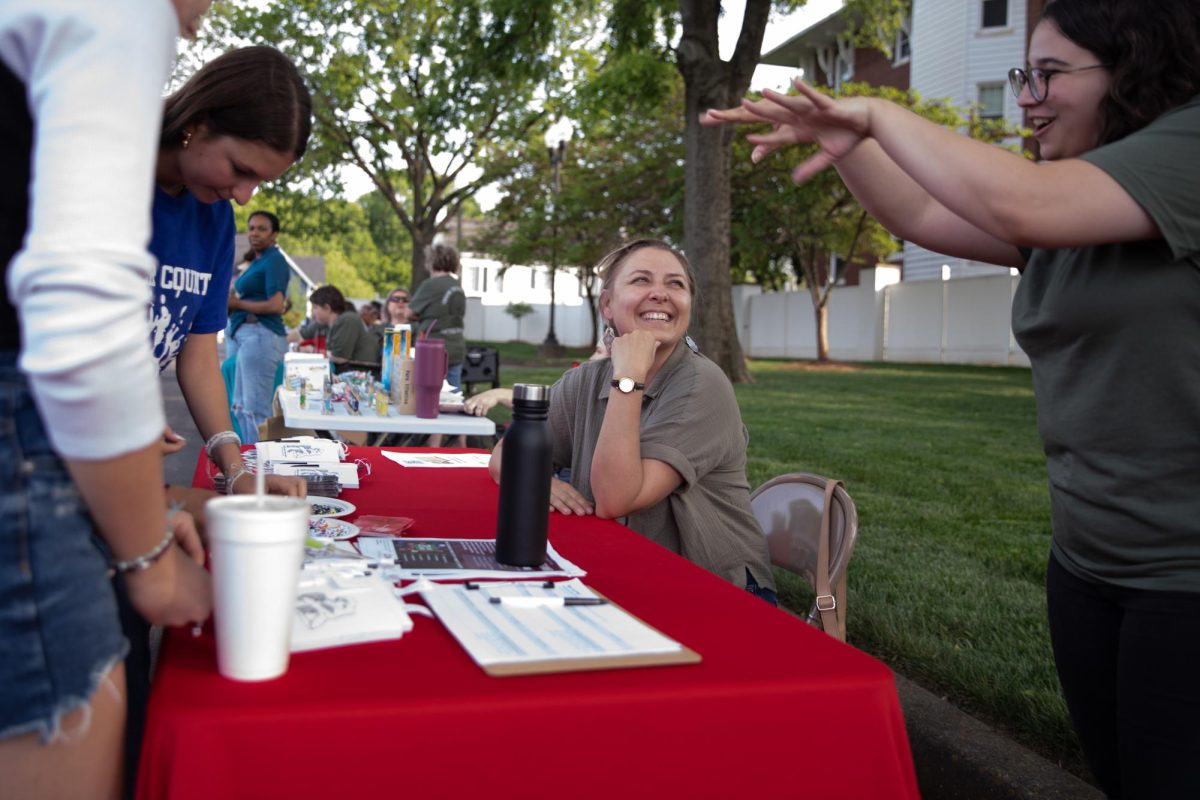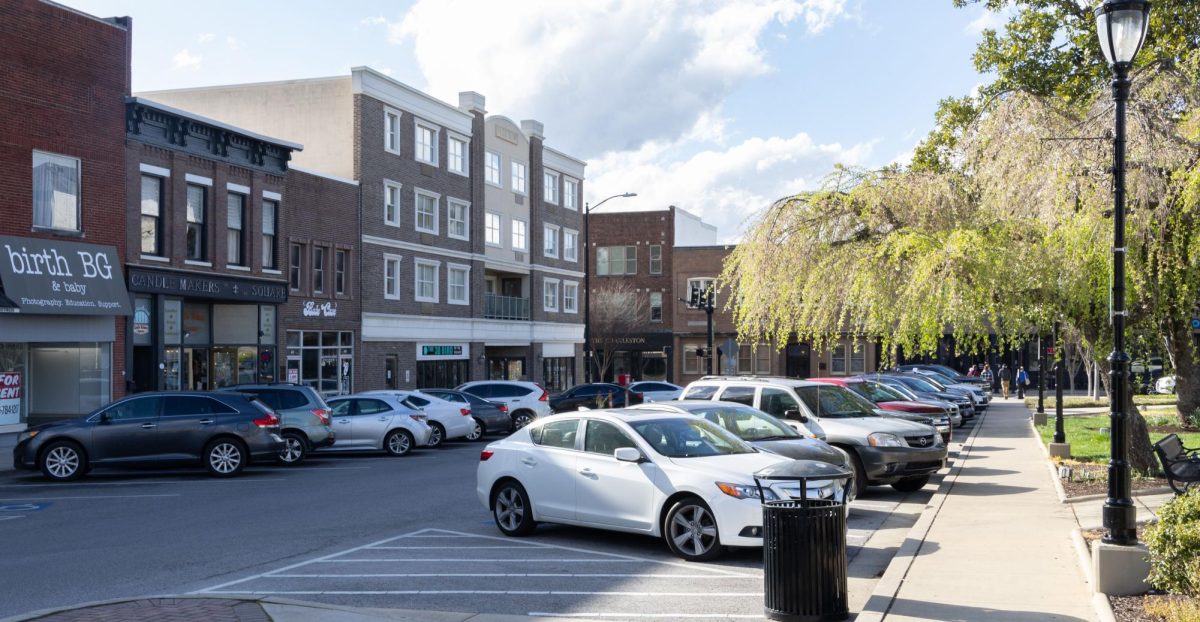In the medical tents situated in the mountains high above Lima, Peru, WKU graduate student Dipak Darbar vividly remembers a mother and her children who came to seek care from the MEDLIFE team, a nonprofit organization that works to provide low-income communities with access to education, medicine and development projects.
One of her children was clearly in distress. The boy, in addition to having a disability, had cavities that desperately needed filling.
“They came up and she [the mother] was having the hardest time to just handle the kids on its own, but she was so calm handling it,” Darbar said.
When the boy was placed on the temporary operating table so the dentist could look into his mouth to diagnose the issue, he clamped his jaw shut, not wanting anyone to touch him. The mother unsuccessfully tried to pry it open. The dentist determined that the boy would need sedation at another clinic.
“You can see the distress in the mom’s eyes,” Darbar said. “She was tearing up because she didn’t know if she was going to be contacted later on.”
It was clear that she was afraid that her child would remain in pain.
“Why can’t we help?” Darbar asked.
Darbar was on a service learning trip, where he volunteered to aid medical professionals in treating patients, and he learned about the role nonprofits played in reaching impoverished communities.
The group he traveled with created small stations for locals to receive free health care, including dental, hygiene and obstetrician/gynecology services. Darbar, along with some 47 students from 19 other colleges, witnessed the severe socioeconomic gap that families were living in.
The group set up medical tents in communities, offering free care to anyone willing. Mothers, carrying their children on their backs, crossed mountains to find aid for their young.
Those who came were examined by professionals and given prescriptions for medicine or were sent to other clinics if their condition was severe. And if a family could not afford further treatment, MEDLIFE would work with them to make their payments, Darbar said.
In Lima, socioeconomic disparities cut deeper the higher the community sits in elevation. It’s too steep to have homes this high, with no stairs and no paved roads. The wind from the mountains carried swarms of dust that left Darbar with respiratory and ear infections.
“You go to any other house, you’ll see 100 sorrows,” Darbar said. “But they’re happy to be alive.”
After witnessing these communities, Darbar started a WKU campus chapter of MEDLIFE, even while he juggles his studies as he seeks a master’s degree in public health.
“MEDLIFE’s mission is to cultivate a new wave of volunteers who are informed, caring, and ready to make a real difference in areas like global health,” Jennifer Aranguren, who leads the MEDLIFE expansion team and first contacted Darbar about starting a campus chapter, said. “It’s not just about getting volunteers; it’s about transforming what it means to volunteer.”
Even with his advocacy for international service trips, Darbar knows that it isn’t necessary to leave Bowling Green to help those in need. He has witnessed it himself.
When Darbar was a child, a young girl held her brother’s hand as they stared at the fresh fried chicken at T-Mart on Adams Street. Usha, Darbar’s mother, thought the young siblings must have a parent nearby. As the minutes passed, though, it became clear that the two were alone.
Usha, who runs the T-Mart with Darbar’s father, Virendra, finally approached the girl.
“Do you need some help?” Usha said.
“Can I get some chicken?” the child asked.
Usha began to pack the $6.99 box of tenders for the two customers and told them the price. But the girl admitted to Usha that they had no money.
She handed the box over to the children anyway, and the girl began to cry. Usha went to another food case and pulled out a freshly baked pizza to give to them.
“Take it home,” Usha said. “It’s OK. Come back any time.”
Experiences like this one shaped Darbar, who grew up working and living in the T-Mart after spending his youngest years at boarding school in India.
“That was the first experience that I got as a kid growing up … seeing your parents give back like that,” he said.
The U.S. Department of Commerce defines “high poverty” as an areawide poverty rate of 20% or higher. U.S. Census Bureau data shows 26.6% of the Bowling Green population lived in poverty from 2018 to 2022. The city’s poverty rate was 15.1% higher than the national average.
Rhondell Miller, the executive director of HOTEL INC., sees beauty, rich diversity, strong small businesses and many churches while she works in the west end. However, she also sees neglected rental properties and vacant, abandoned homes that have the potential to be resurrected.
HOTEL INC., a Bowling Green-based organization that partners with low-income residents in the west end of the city through housing assistance, counseling and education, states in their strategic plan that more than 15,000 Bowling Green residents do not have access to affordable housing.
Miller emphasizes that people living in poverty are, above all, real people. They are people with deep, lasting friendships. They love the quietness of their neighborhood. They may even sit under a favorite walnut tree and trade stories with each other.
They are real people with real needs. They want well-maintained parks, well-lit streets, and opportunities to own their homes.
For that to happen, work must be done both inside and outside the community — well-meaning people of privilege cannot dip in and out of their lives by whim.
“Without relationships, organizations can often harm without intending to,” Miller said. “They can swoop in seeing issues only through their lens and decide how to ‘fix’ the neighborhood.”
This sensitivity is particularly crucial in the west end, where Miller says people feel left behind. Community members are wary of outsiders due to a history of broken promises by government officials, pledging to renew the area, but ultimately left the community with new scars. Trust, Miller suggests, must be earned through relationships.
According to Aranguren, students can help these communities by volunteering with local nonprofit organizations or community health clinics to provide healthcare services and education.
They can organize community events to support health initiatives and raise awareness about health issues, participate in service trips to gain hands-on experience in humanitarian aid, advocate for policy and social justice change and support research into public health challenges and solutions.
“Despite being a developed nation, the United States still faces significant health and social disparities, particularly in underserved communities,” Aranguren said. “Nonprofits like MEDLIFE bridge this gap by mobilizing resources, volunteers and expertise to address local needs and create positive change.”
Darbar created WKU’s MEDLIFE chapter to provide students with these opportunities.
“MEDLIFE really empowers the students to take charge,” he said.
Darbar plans to host more events and meetings with the chapter in the future so students can hoist their ideas for change.
“Just bring in new ideas, and bring in your own perspective and what you would like to see in the part of Kentucky or part of Bowling Green that you live in,” he said, “and we’ll go from there.”
The WKU MEDLIFE chapter can be found, and contacted, on Instagram.
For Darbar, his pursuit of aid and philanthropy comes from his parents, the previous generation.
“I am deeply grateful for their guidance and support, which have propelled me to make a meaningful difference in the lives of others,” he said.
Darbar knows it’s time for his generation to start taking on these efforts for themselves.
“They [MEDLIFE] want to see change made to the students because the younger generation is what carries the torch at the end of the day,” Darbar said. “They want to establish that. Carry a torch that is meaningful in life. What type of legacy do you want to leave behind?”
News Reporter Cameron Shaw can be reached at [email protected]














